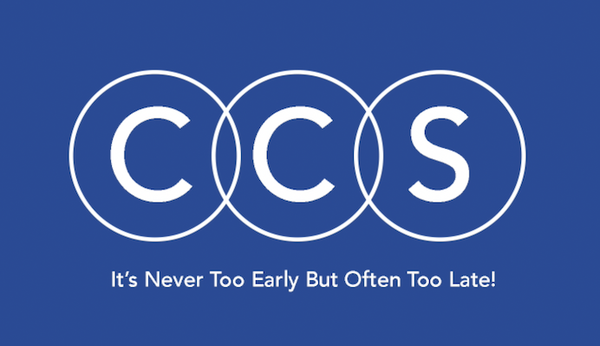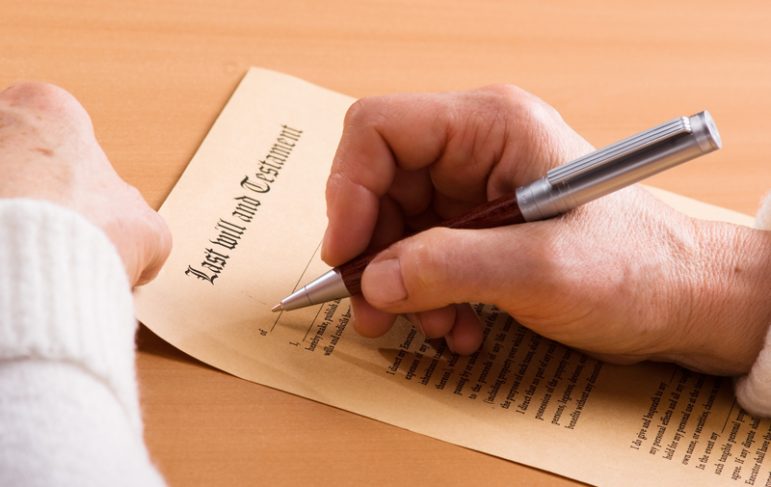
Your Will
In the United Kingdom, every individual is allowed to leave his or her estate to whomever they want on their death. This is achieved by preparing a Will. Wills vary in complexity due to what is intended to be achieved, but in essence all have the same basic features.
TESTATOR
A Testator is the person who makes the Will. They need to have ‘Testamentary Capacity’ to do this. Testamentary capacity is the legal term used to describe a person’s legal and mental ability to make or alter a valid Will.
The Testator would need to consider the following aspects when preparing a Will:
- Executors
- Guardians
- Legacies
- Residue
- In which Country does the Testator own assets
REVOCATION
The Will would always specifically revoke any previous Wills and confirm that this is the latest Will. This is to ensure that there is no confusion as to which Will is the correct one when you die.
FOREIGN ASSETS NOT IN THE EUROPEAN UNION
If there are foreign assets, then your Will would also confirm whether or not it will deal with those foreign assets. Often a UK Will does not deal with foreign assets as it is strongly advised that you have a Will in each country where you own assets. If you have a foreign Will then I is imperative that the UK Will and the foreign Will do not revoke each other.
FOREIGN ASSETS WITHIN THE EUROPEAN UNION
If you have assets across different countries in Europe, you might be able to make use of a European Regulation called ‘Brussels IV’. This allows your assets across different countries to be dealt with under one Will which in turn might mean reduced administration costs when you pass away.
For example:
You are a British citizen. You have a Will prepared in England but you have a property in Spain. In your Will, you can say how you would like that Spanish property dealt with when you pass away I.e. who should inherit the property.
Spain actually has ‘forced heir-ship’ rules which force you on your death to leave a share of your estate to the next generation, whether you would want to or not! Through Brussels IV, you have the freedom to deal with the Spanish property as you like.
Brussels IV does not change the Inheritance Tax rules in any European country.
EXECUTORS
Executors are the people who will be responsible for administering your estate. They are responsible for contacting all of the asset holders (e.g. banks, investment companies, land registry, etc.) to advise them of the death and then collect in the assets. They will deal with the Legacies (if any) and then distribute the Residue in accordance with the terms of the Will.
Part of the responsibility also entails ensuring that your Tax affairs are up to date and liaising with HMRC if necessary. As Executors, they will have their own responsibility with HMRC and may need to correspond with them even if your own affairs are in order.
Executors can be individuals or professionals, Continued on reverse…
GUARDIANS
On your death, it is not automatically assumed that your ‘Next of Kin’ will become the Guardian(s) of your, minor children – they would need to apply to the Courts for this to have any effect. Appointing a Guardian in your Will is one of only a limited number of ways which is legally binding and accepted by the Courts.
Children Act 1989 Sections S5(5).
If the children are minors on your demise, then the Trustees nominated in the Will, will manage the Trusts containing the assets left to your children.
TESTAMENTARY EXPENSES
These are costs that are associated with your estate as a result of your death. In most cases, these will include:
- Your Funeral costs;
- Any debts you may have outstanding, including mortgages and credit card debts;
- Ongoing fees that need to be paid while the estate is being administered;
- Professional fees for administering your estate (e.g. Solicitors fees);
- Any Inheritance Tax that may be due.
LEGACIES
These are specific items or fixed sums of money that are left, normally, to individuals or charities. These Legacies will legally belong to the recipients the moment you die, even though it may take some time to actually pass the items (or money) to them.
RESIDUE
This is what is left in the estate after the Testamentary Expenses and any Legacies are dealt with. It is not necessary to list these assets individually as it will cover whatever has not already been bequeathed by the will (e.g. the Legacies). In fact, it is better not to list the assets in case you do not own those assets at the time of your death. Once the Residue is distributed, the administration of the estate is brought to an end.
Leaving your Residue to Charities as well as other people
If you leave your Residue to a mixture of Charities and other individuals (not your spouse), the Tax consequences could be very complex and unintended due to the Charities not being liable to Inheritance Tax. We will draft you Will(s) so that only the non-charity Beneficiaries pay the Inheritance Tax due before they receive their Inheritance.
For example:
If you leave your residue 50/50 to a Charity and to your children and your taxable estate is worth £300,000, the Inheritance Tax due will be on your children’s share of £150,000 x 40% = £60,000 and so they will receive £90,000. The Charity will receive their £150,000.
FORMALITIES
There are certain formalities that need to be adhered to when signing your Will. More detailed instructions are provided in the enclosed sheet ‘Important notes on signing your Will’.
LOST WILLS
If your Will cannot be found when you die, then it may be presumed that you deliberately ‘destroyed it’ with the intention of revoking it. This may not be your intention, but the result may be that your estate passes to unintended Beneficiaries under the Rules of Intestacy. To avoid this occurring, you may like to consider storing your original documents with us.
You will receive a certificate confirming the documents we hold for you and who your Executors should contact following your death.
FURTHER OPTIONS
A basic Will is not necessarily the most Tax efficient way of distributing your estate. It is really only suitable in limited circumstances. More detailed Wills allow you to consider all or some of the following provisions:
- Protecting assets in the hands of Beneficiaries from possible creditors (e.g. Divorce, Bankruptcy, Care Home Fees, etc.);
- Limiting your exposure to Inheritance Tax;
- Limiting your Beneficiaries’ exposure to Inheritance Tax;
- Tax efficient ways of protecting business assets.
TRUSTS
Instead of leaving assets to specific individuals, it is possible to leave assets to one (or more) Trusts. The Trust(s) would hold the assets on behalf of the individuals you choose so that it offers some protection than if the assets belonged to the individuals. Trusts have the added benefit of being Tax efficient and can reduce Inheritance Tax for your future generations.
RNRB
A lineal descendant needs to inherit for the RNRB to apply.
This post contains only general planning and is not to be construed as advice for any personal planning. Each strategy recommended is based on individual circumstances.
To sign up for a FREE meeting with one of our advisers, click ‘Apply Today’
getasecondopinion.co.uk/contact
“It’s never too early- but it’s often too late!!!”



18 thoughts on “Your Will”